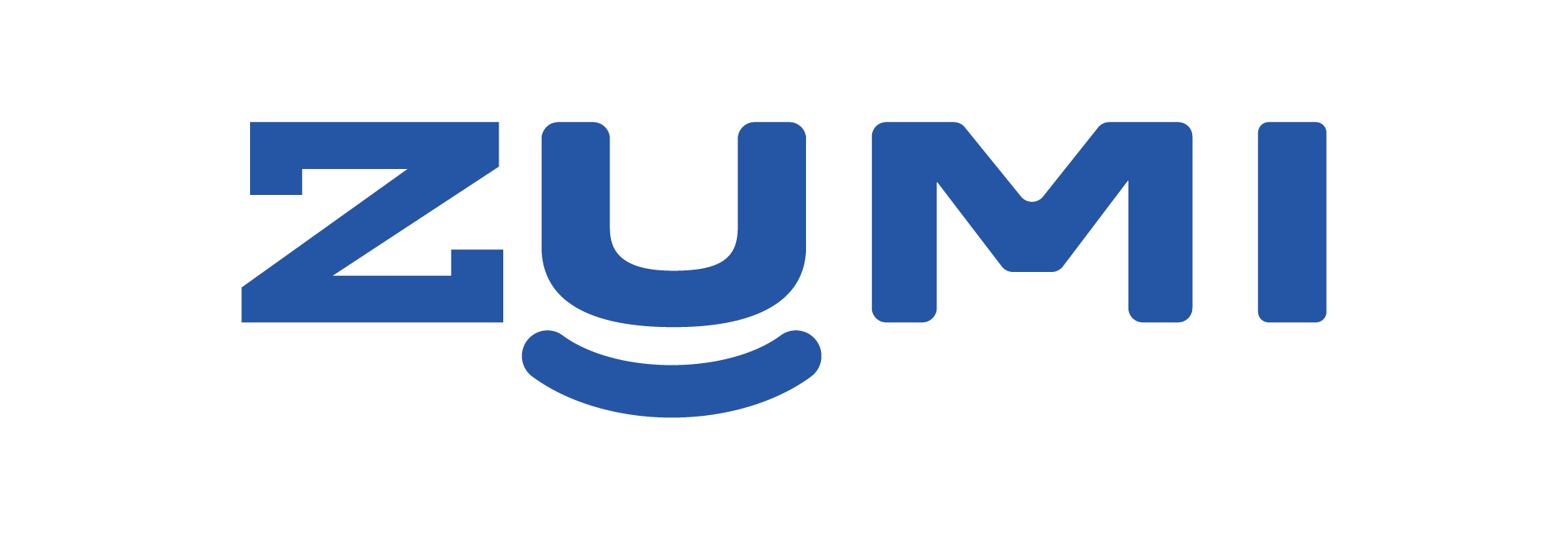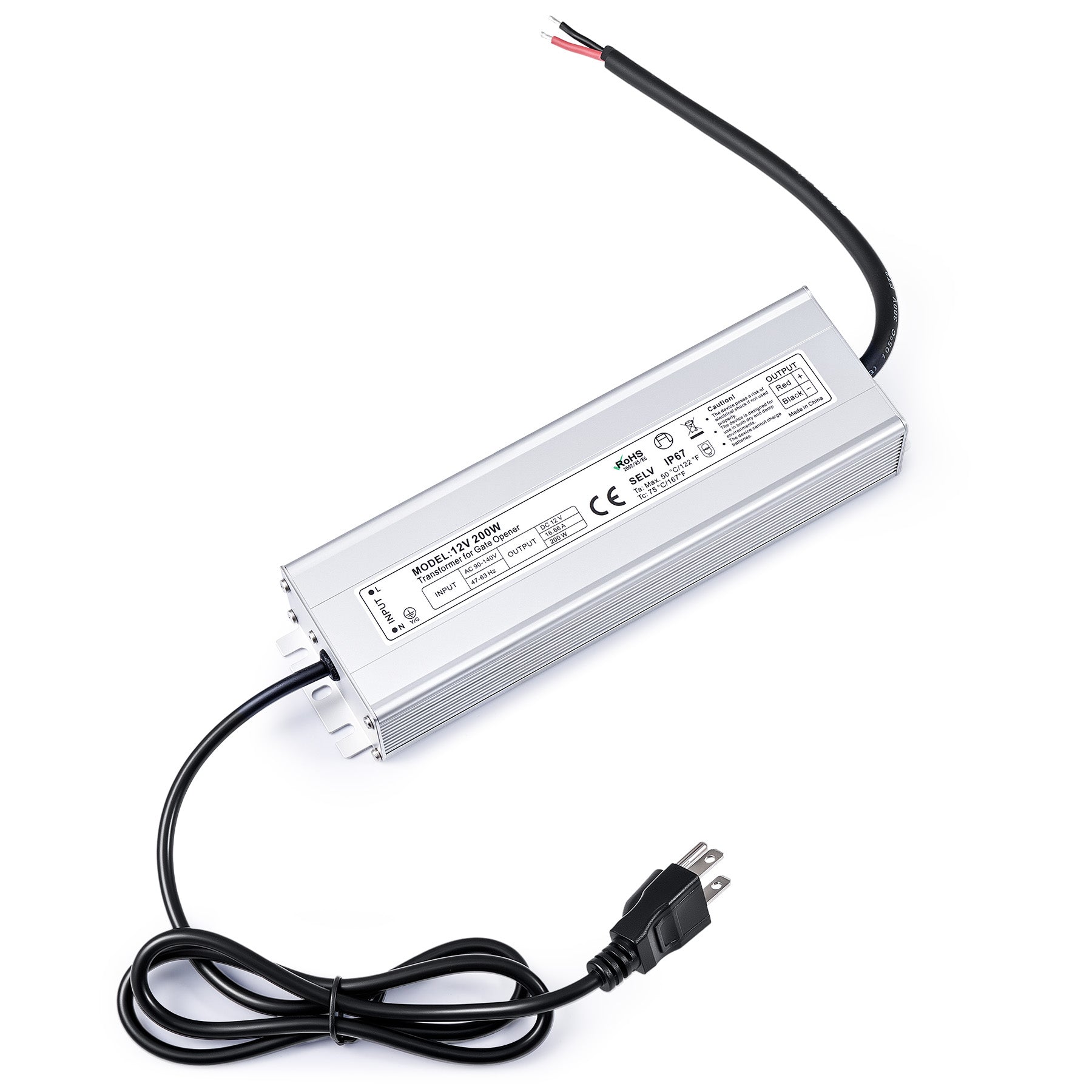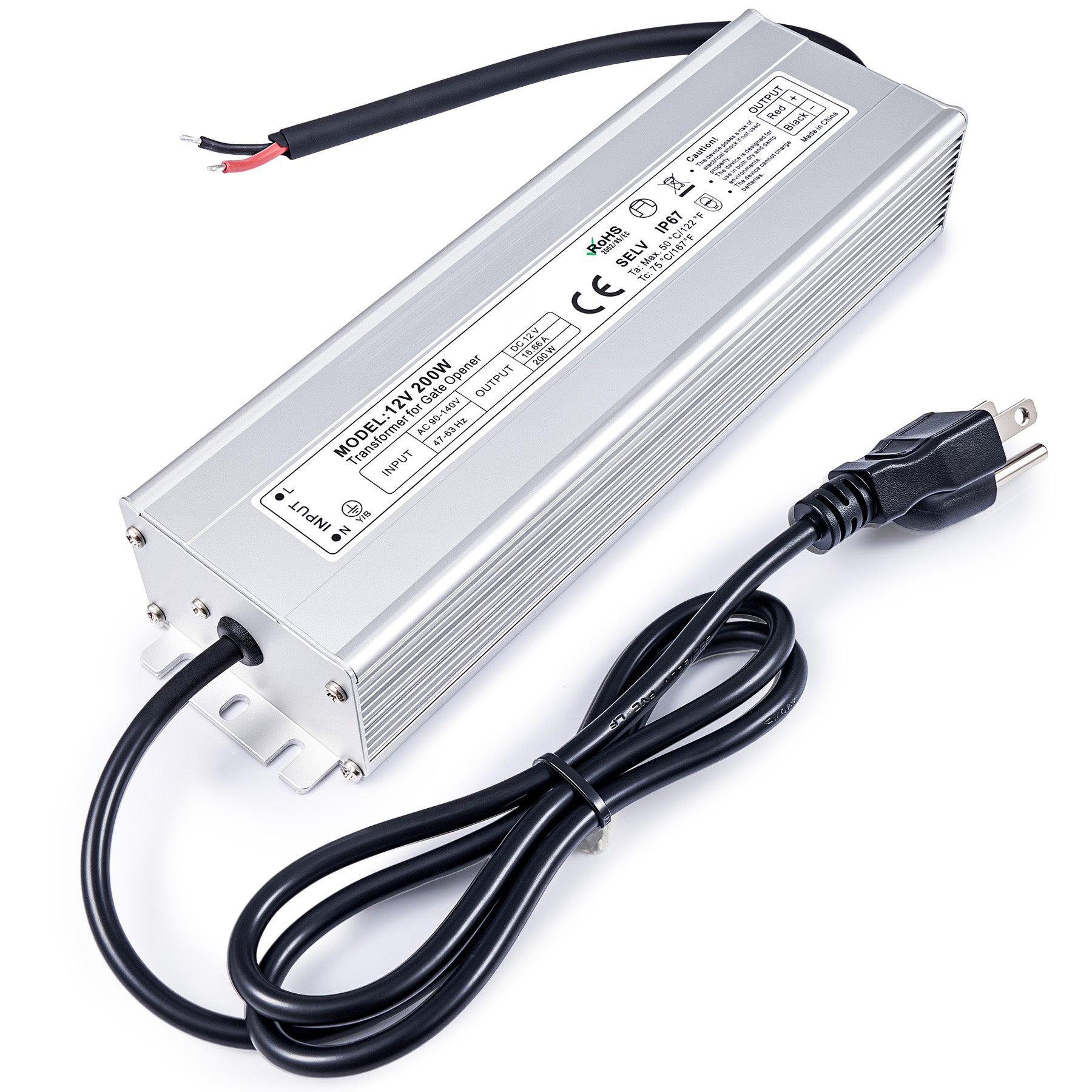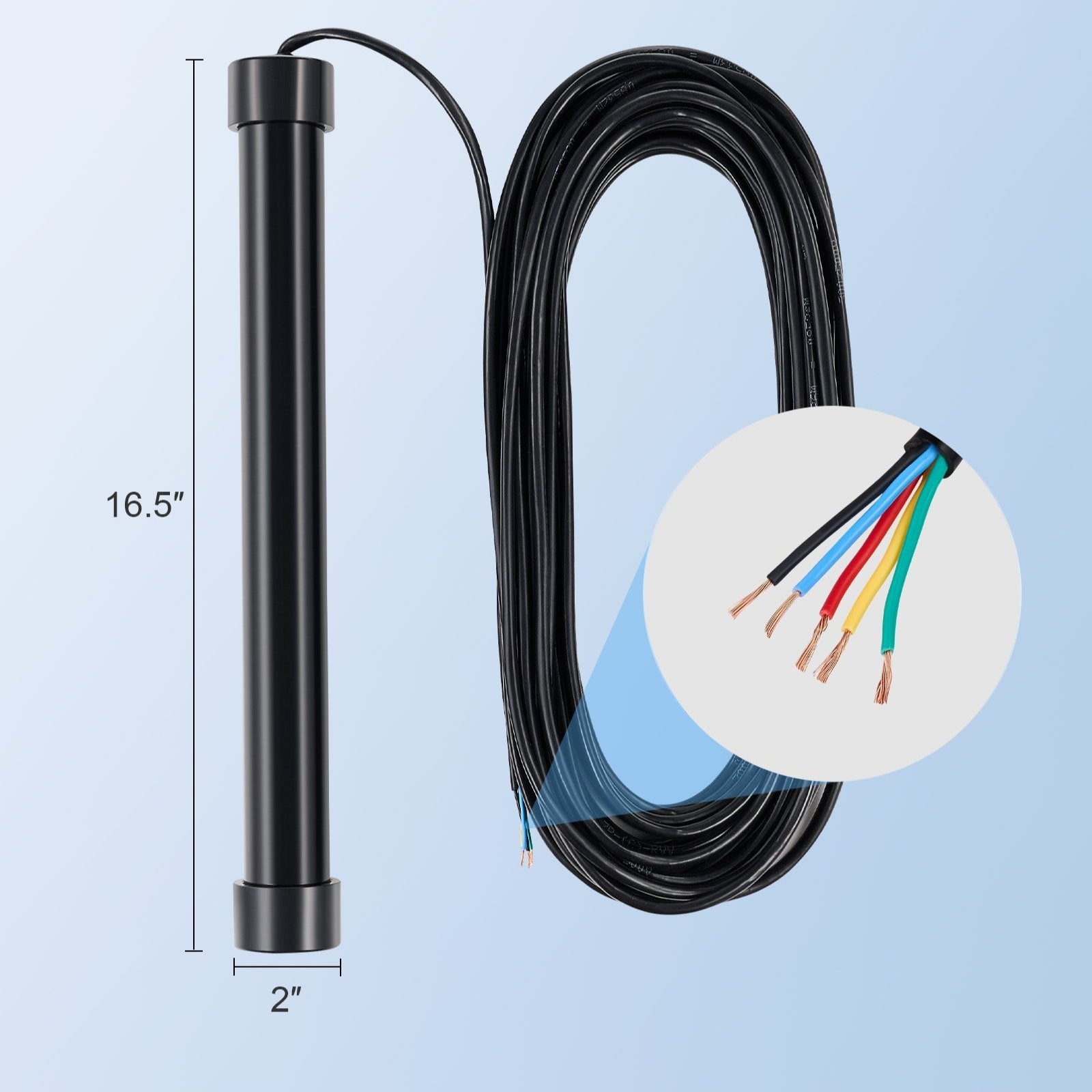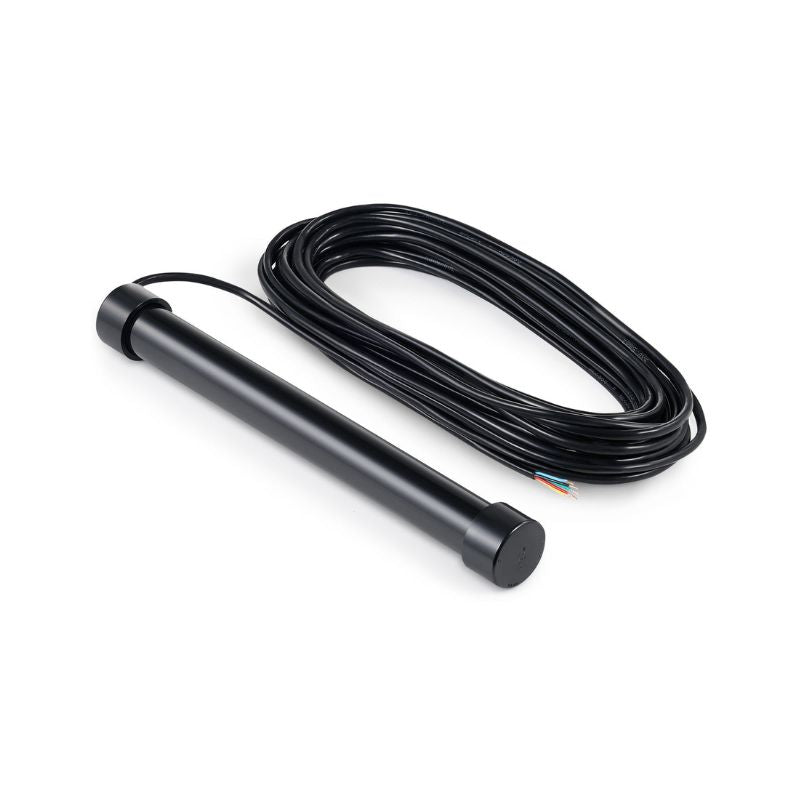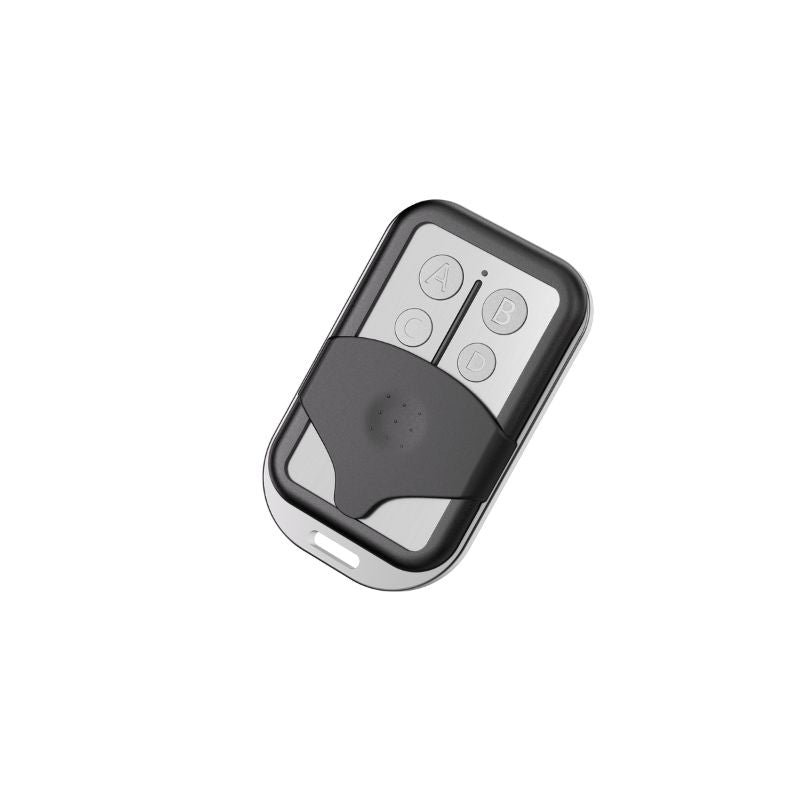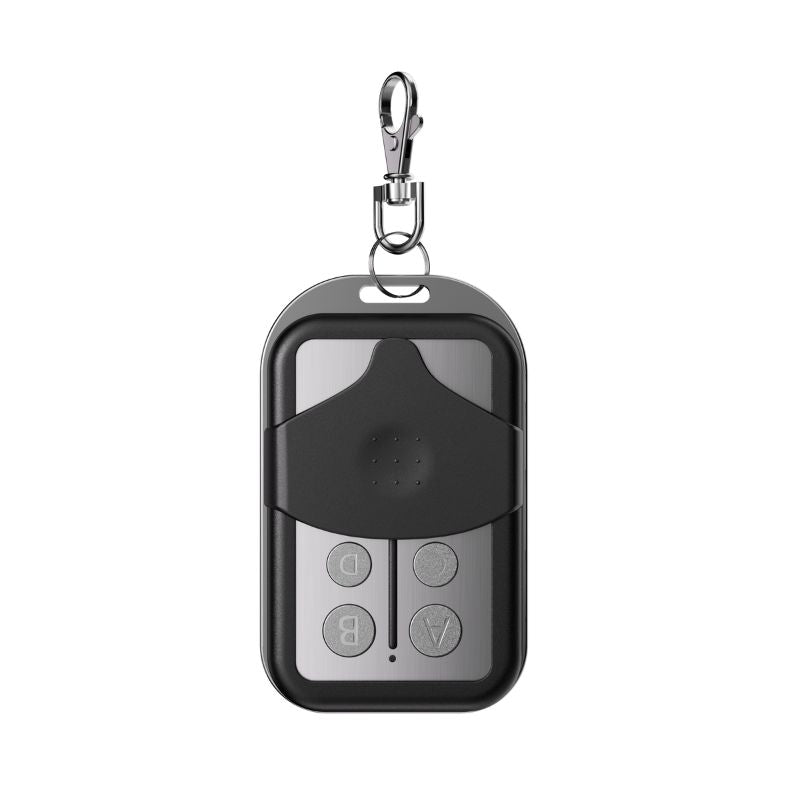If you are considering installing an automatic solar gate opener for your home, you might just be in line to benefit from an incredible tax break of up to about 30% on your next year’s return.
Installing a solar gate opener is one of the ways you could officially benefit from the Federal Solar Tax Credit, which is a magnificent incentive the US government is offering to encourage citizens to get into clean and sustainable energy.
But, you might want to understand what the federal solar tax credit is all about, what it applies to, and to what extent to stand to benefit with your solar gate opener, and how to apply for it.
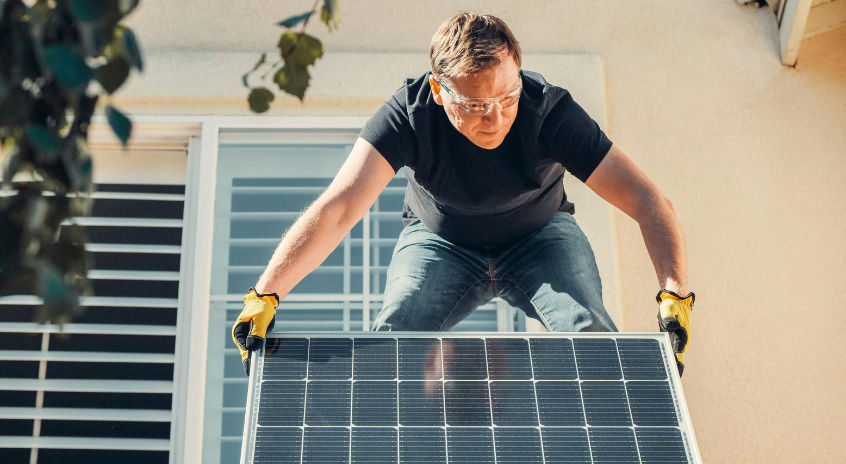
What Is the Federal Solar Tax Credit?
The Federal Solar Tax Credit, officially known as the Residential Clean Energy Credit, is part of the Inflation Reduction Act signed in 2022 by then-U.S. President Joe Biden, and it lets homeowners deduct a portion of the cost of installing a solar energy system from their federal taxes.
As of 2025, the credit is 30% of the total cost new, qualified, clean energy property installed for your home. Where it applies for a solar automatic gate opener, it would cover 30% of the total cost of equipment and installation, and this rate is locked in through 2032 before it begins to phase down.
| 2022-2032 | 30% |
| 20233 | 26% |
| 20234 | 22% |
What Does The Solar Tax Credit Apply To?
The tax credit covers new, qualified clean energy property for private homes. That means you only benefit if you are installing the equipment for private use, as opposed to commercial use.
According to the IRS Instructions and Guidelines, the credit applies to three main kinds of solar equipment:
- Solar electric property: Equipment that uses solar energy to generate electricity for use in your home.
- Solar water heating property: Equipment that heats water for use in your home, with at least half of the energy from the sun.
- Other qualifying systems include small wind energy, geothermal heat pumps, fuel cells, and battery storage technology.
Importantly, the credit includes labor costs for onsite preparation, assembly, or original installation of the property and for piping or wiring to interconnect such property to the home.

Are Solar Gate Openers Covered Under The Federal Solar Tax Credit?
Generally, standalone solar gate openers do not qualify for the Residential Clean Energy Credit. But if your solar gate opener is integrated into the overall solar setup in your home, you can benefit from the Federal Solar Tax Credit.
The IRS specifies that the credit is intended for systems that generate electricity for use in your home. A gate opener uses solar energy, but does not contribute electricity to your home's power system.
However, if your gate opener is part of a larger renewable upgrade—say, included in the solar panel installation for your home—your installer may include it in the total project cost, and you may be able to claim 30% of its cost.
This is a gray area, though, and would likely require consultation with a tax professional.
Consider Purchasing the Solar Gate Opener Without A Solar Panel.
A smart way to benefit from the Federal Tax Credit with your solar gate opener might be to purchase a solar gate opener kit with the gate opener and solar battery, but without the solar panel.
Then, you can integrate the battery into the solar system you are installing for your home and include it as part of the overall cost of your solar system.
Apart from potentially qualifying for the tax return, this method will also help save significantly on the cost of the solar gate opener. Solar gate openers are usually significantly more affordable when you take out the cost of the solar panel.
Not all gate opener brands allow this, though. At present, Zumi Gate Openers is offering the option to get the gate opener separate from batteries and panels to help customers benefit from their tax incentives.

Recommendation and Tips
If you're considering installing a solar gate opener and are interested in potential tax credits:
- Consult a Tax Professional: They can provide personalized advice based on your specific situation.
- Document Everything: Keep detailed records of all equipment and installation costs.
- Consider Integration: If feasible, integrate the gate opener into a broader solar system for your home to potentially qualify for credits.
How Much Can You Save With a Solar Gate Opener?
The WS2 Solar Dual Swing Gate Opener costs about $600 and is one of the most popular gate openers for private homes. Let's say you include it in an overall solar gate system for your home, and the cost comes up to $2,000:
- In this case, the 30% tax credit = $600
- That’s a solid federal tax savings for a relatively small system.
Solar gate openers typically cost $400–$2,000, depending on the brand, gate type, and features.
- Lightweight gate openers are generally less costly than heavyweight gate openers
- Single-swing gate openers are typically less expensive than double-swing gate openers.
Tips for Buying A solar Gate Opener
There are several guidelines to buying a solar gate opener for your home, but if you plan to benefit from the Tax Credit, here are some additional tips you might want to consider:
- Choose a Family-Oriented Brand
Remember, you only qualify for the tax credit if your gate opener is installed and used at home. Go for a family brand like Zumi Gates, which specializes in providing the right-sized solar gate openers for home use.
- Go for an affordable brand.
If possible, try and negotiate purchasing the solar gate opener without the solar panel. Then you can integrate it into a bigger solar panel for home use.
If it doesn’t qualify, you're not eligible for the credit, but you’ll still save money in other ways (see below).

Other Benefits of a Solar Gate Opener vs. Electric
Whether or not the tax credit applies, solar gate openers offer several clear advantages:
- No electrical wiring costs: No trenching, wiring, or electrical hookups needed—especially valuable for gates far from your house.
- Lower energy bills: Solar openers run entirely off the sun, meaning no added electric bill.
- Eco-friendly: Zero emissions. A great option if you’re aiming for a green home or reducing your carbon footprint.
- Works during power outages: Most systems include a battery backup, keeping your gate functional even when the grid goes down.
- Easy installation: Often DIY-friendly and quicker to set up than electric models.
By following this guide, you will not only benefit from the tax incentive but also enjoy long-lasting service from your gate opener.
Don't forget to check out our exclusive collection of single-swing gate openers and dual-gate openers, and some important gate opener accessories to make your gate opener system even more awesome!
